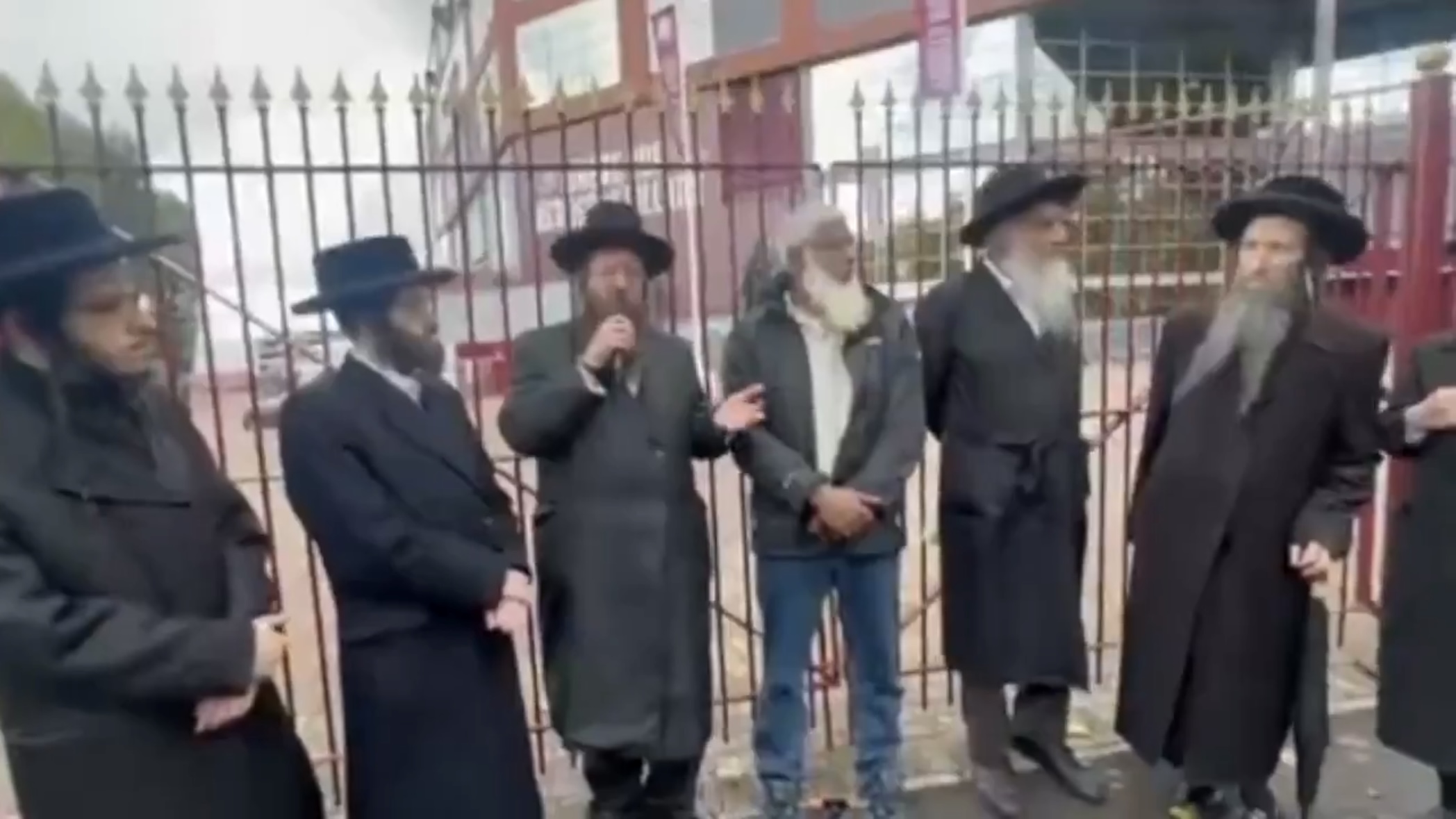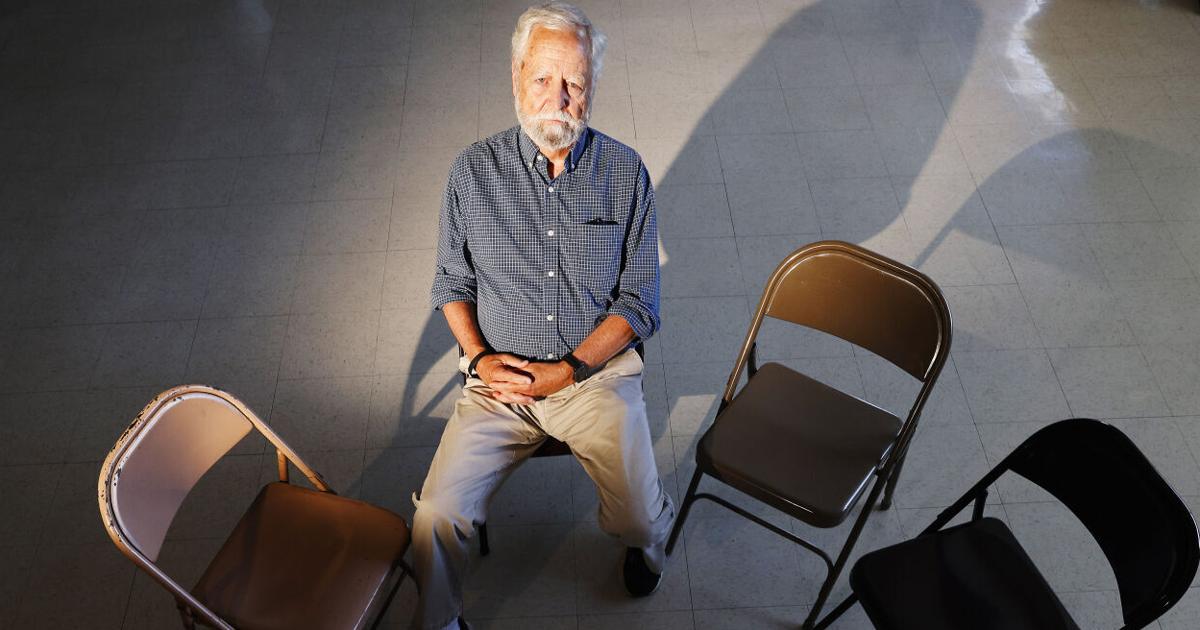Copyright International Business Times

The UK's decision to prevent supporters of Maccabi Tel Aviv from attending their match against Aston Villa has sparked widespread debate. Initially presented as a security measure, the ban was grounded in concerns over potential violence, reflecting local policing priorities aimed at public safety. However, its repercussions extend far beyond the stadium. Linking local security to broader international issues, the move has ignited political outrage and divided Jewish communities — and it's prompting other European nations to consider similar actions. Football as a Geopolitical Arena This incident signals a new era where football is increasingly viewed as a platform for geopolitical accountability. Historically, sport has often reflected political conflicts. In the 1990s, clubs from the former Yugoslavia were banned from European competitions during Balkan conflicts, illustrating how sport can serve as a proxy for international disputes. The UK Football Policing Unit cited recent violent incidents in the Israeli Premier League to justify the ban. They described the match as a 'high risk' to public safety, referencing violent scenes at an Israeli derby abandoned after pyrotechnics injured fans and players. Sixteen people were detained, with multiple arrests. Such hooliganism is not isolated; it is part of a transnational network where digital platforms connect fans and groups across borders, amplifying threats and linking local violence to larger geopolitical narratives. Diverse Reactions Within the Jewish Community The backlash was swift. Prime Minister Keir Starmer criticised the decision, saying, 'We will not tolerate antisemitism on our streets. The role of the police is to ensure all football fans can enjoy the game, without fear of violence or intimidation.' Some Jewish community figures also voiced concern that excluding fans based on nationality risks conflating security with discrimination. Yet, some within the Jewish community offered support for the ban. The ultra-Orthodox group Neturei Karta, known for its anti-Zionist stance, publicly backed the move. They believe a Jewish state should only be established by divine will and reject Israeli nationalism altogether. For them, the restriction aligned with their religious beliefs rather than being an affront. Beyond Neturei Karta, pragmatic support has emerged among diaspora Jews concerned that displays of nationalism—chanting or political banners—could inflame tensions or incite antisemitic backlash in Britain. The Community Security Trust (CST) reports a sharp rise in antisemitic incidents following high-profile events involving Israel, suggesting that sporting fixtures influence domestic perceptions of Jewish communities. Over recent years, a new generation of Jewish academics, journalists, and activists—particularly in the US and UK—has begun questioning Israel, not from a theological perspective, but based on secular ethics, international law, or anti-colonial critique. Writers in publications like Jewish Currents, Haaretz, and The Guardian argue that unconditional support for Israel conflicts with universal human rights and democratic values. A Growing Ideological Divide Against this backdrop, the recent UK ban on Israeli supporters highlights a deeper ideological divide. For some, Israel remains central to Jewish identity; for others, opposition—whether for religious, ethical, or safety reasons—is seen as necessary for preservation. This is not solely a British issue. UEFA has already moved Israeli club matches to neutral venues and required them to be played behind closed doors due to security concerns. In Greece and Spain, fixtures involving Israeli teams have been subject to increased police presence, classified as high-risk events. While no formal European policy exists, the pattern is clear: football, in conflict contexts, is increasingly treated as a matter of public order rather than just sport. Historically, sport has been used as a tool for political sanctions—South Africa during apartheid, for example—long before economic sanctions. Today, sport again acts as a litmus test for legitimacy on the world stage. Supporters, unlike soldiers, are typically seen as neutral. But in today's politicised sports climate, Israeli fans are increasingly viewed as symbols of the Israeli state abroad. The ban in Birmingham, initially a local security measure, has become a global signal: sport is no longer a sanctuary from conflict but a stage for it. The question now extends beyond whether Israeli fans can travel; it asks whether stadiums have become new frontiers of international diplomacy. If so, football may be just the beginning. The stadiums of tomorrow could become arenas where geopolitical disputes are played out openly—transforming sport from entertainment into a battleground for global issues.



